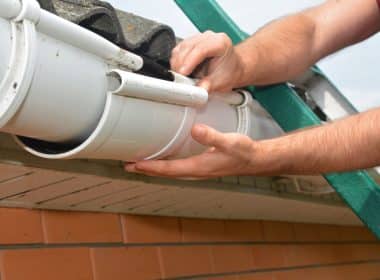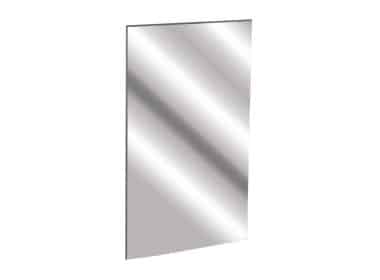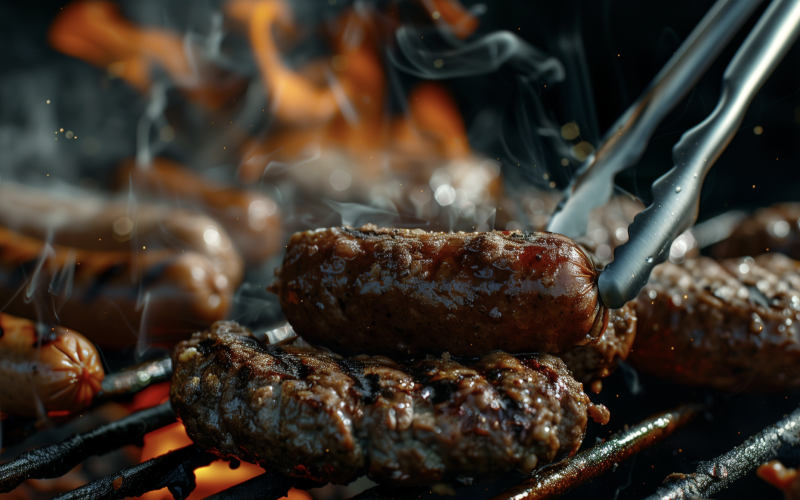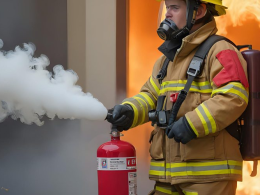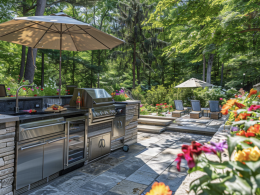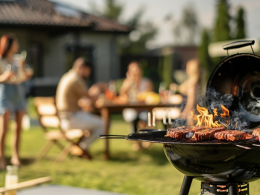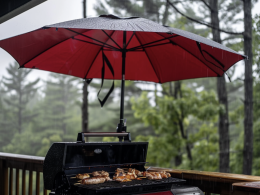Outdoor grills are beloved centerpieces of backyard gatherings, but many owners are unsure of their lifespan.
Whether you’re planning outdoor grill station ideas or simply wondering about your current grill’s longevity, it’s a common concern.
The truth is that a grill’s lifespan varies greatly depending on factors like quality, maintenance, and usage.
Don’t worry – with the right knowledge, you can maximize your grill’s lifespan and get the most out of your investment.
This article will explore the average lifespan of different types of grills, factors that affect their durability, and practical tips to extend your grill’s life.
By the end, you’ll clearly understand what to expect from your outdoor cooking companion.
Average Lifespan of Outdoor Grills
An outdoor grill typically lasts 5 to 15 years, with proper care potentially extending its life to 25 years or more.
This wide range is due to various factors, including the manufacturer, how often you use it, and how well you maintain it.
Different brands offer varying warranty periods, reflecting their confidence in product durability.
For instance, some Weber models come with a 10-year warranty on parts and labor, while Saber provides 5-year warranties across their product line.
These warranties can serve as a general indicator of expected lifespan, though many grills often outlast their warranty periods with proper care.
Factors Influencing the Lifespan
1. Material Quality
The materials used in your grill’s construction determine its longevity.
High-quality grills often feature stainless steel, cast iron, or porcelain-coated components.
Stainless steel, particularly grade 304, is highly resistant to rust and corrosion, making it an excellent choice for outdoor use.
Cast iron, while heavier, retains heat well and can last for years with proper care.
Porcelain-coated components offer good protection against the elements but can chip over time, exposing the metal underneath to potential rust.
The thickness of these materials also matters. Thicker gauge metals in burners and grates tend to last longer and distribute heat more evenly.
When shopping for a grill, pay attention to the weight of the components—heavier often means thicker and more durable.
2. Usage Frequency
How often you use your grill significantly impacts its lifespan. Frequent use can lead to faster wear and tear on components, but it also encourages regular maintenance, extending the grill’s life.
Seasonal usage patterns also play a role. Grills used year-round in mild climates may wear differently than those used primarily in summer and stored for winter.
However, regular use can prevent issues like seized valves or clogged burners that sometimes occur with infrequent use.
3. Maintenance and Care
Proper maintenance is perhaps the most critical factor in extending your grill’s lifespan.
Regular cleaning prevents the build-up of grease and food particles that can lead to corrosion and flare-ups.
After each use, brush the grates while they’re still warm and wipe down the exterior.
Check gas lines for cracks or leaks periodically.
You are covering your grill when not in use, which protects it from the elements, preventing rust and deterioration.
Seasonal deep cleaning, especially before and after the primary grilling season, can significantly extend the life of your grill.
This includes cleaning or replacing heat plates, checking burners for even flame, and ensuring all parts are in good working order.
Signs Your Grill Needs Replacement
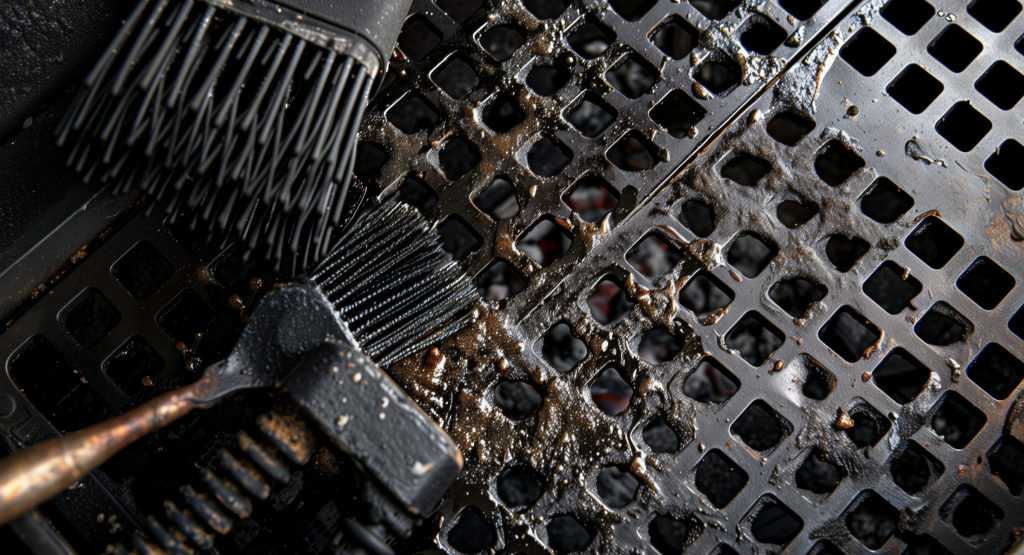
While regular maintenance can extend your grill’s life, there comes a time when replacement is necessary. Here are some signs to watch for:
- Rusting or damaged grids: If your cooking grates are heavily rusted or damaged, it’s time to consider a replacement.
- Repair costs exceed replacement: When the cost of repairs approaches or exceeds the price of a new grill, it’s often more economical to replace.
- Uneven flames and ignition problems: Persistent issues with flame distribution or difficulty starting the grill may indicate it’s time for an upgrade.
- Excess grease and debris accumulation: If your grill becomes difficult to clean or accumulates grease excessively, it may end its useful life.
- Frame instability and exterior damage: Significant structural or extensive exterior damage indicates that your grill may need replacing.
Extending the Lifespan of Your Grill
Routine Cleaning
Brush the grates and wipe down the exterior of your grill after each use to prevent the buildup of food particles and grease that can lead to corrosion.
Perform a deep clean at the start and end of each grilling season. This includes cleaning burners, heat plates, and the grease tray.
Proper Storage
Use a high-quality grill cover to protect your grill from the elements when not in use. This is especially important if your grill stays outdoors year-round.
Store your grill indoors or in a covered area during off-seasons to protect it from harsh weather conditions.
Regular Inspections and Repairs
Check the fuel line regularly for gas leaks and blockages. This will not only extend the life of your grill but also ensure its safe operation.
Replace worn-out parts promptly. This includes burners, igniters, and cooking grates.
Timely replacing these components can prevent more extensive damage and extend your grill’s lifespan.
Conclusion
The lifespan of your outdoor grill depends on various factors, but with proper care, it can last 15 years or more.
Choosing a high-quality grill, performing regular maintenance, and addressing issues promptly can significantly extend its life.
Remember, a well-maintained grill lasts longer and ensures safer, more enjoyable cooking experiences.
As you plan your next barbecue or consider upgrading your outdoor cooking space, remember these tips.
Whether you’re a weekend griller or a backyard chef, investing time in your grill’s upkeep will pay off in delicious meals and memorable gatherings for years to come.
Ready to elevate your grilling game? Explore our selection of durable, high-performance grills that are built to last. Your perfect outdoor cooking companion awaits!


